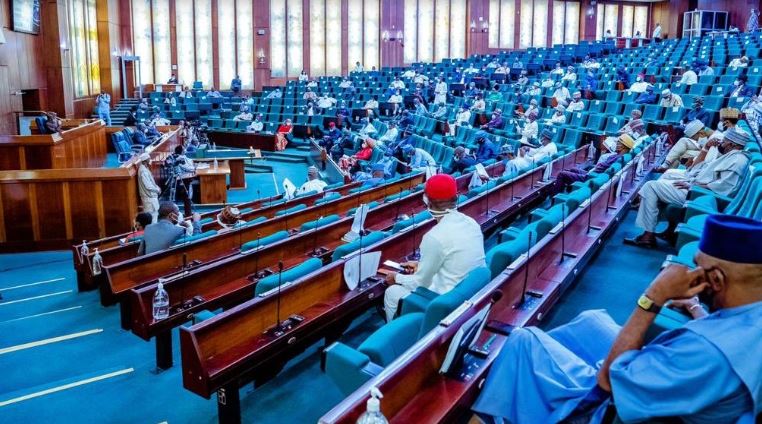The decision by the House of Representatives to direct the Nigerian Communications Commission (NCC) to suspend the recent 50 per cent hike in telecommunications tariffs is a commendable and much-needed intervention.
At a time when Nigerians are grappling with severe economic hardships, primarily due to the removal of fuel subsidies and rising inflation, this move underscores the lawmakers’ commitment to shielding citizens from further financial strain.
The motion, sponsored by Hon. Oboku Oforji of the Peoples Democratic Party (PDP), rightly emphasized the devastating impact that increased telecom tariffs would have on the average Nigerian.
With record inflation of 34.6 per cent in November 2024 and fluctuating foreign exchange rates, a hike in telecommunication costs would only exacerbate the economic challenges faced by millions of Nigerians.
The House’s recognition of these hardships and their swift action to halt the increase reflects a rare but commendable prioritization of the people’s welfare.
Telecommunications services are no longer a luxury but a necessity, driving crucial sectors such as digital banking, education, healthcare, agriculture, and e-governance.
As Hon. Oforji pointed out, informal sector workers and small businesses depend heavily on affordable mobile data and telecommunication services to remain competitive.
A sudden surge in costs could push many out of business and deepen the economic divide, making life even more unbearable for low-income families.
While proponents of the tariff hike, such as Hon. Dominic Okafor of the All Progressives Grand Alliance (APGA), argue that increased charges are necessary for improved service delivery, this reasoning lacks sufficient justification.
As other lawmakers, including Hon. Billy Osawaru of Edo State, rightly pointed out, telecom companies must first ensure a significant enhancement in service quality before contemplating any price increment.
It is widely acknowledged that Nigerian telecom users often experience poor network services, frequent call drops, and slow internet speeds.
To ask consumers to pay more for a service that remains unreliable is both unfair and exploitative.
Furthermore, the National Association of Telecoms Subscribers has voiced strong opposition to the proposed hike, describing it as insensitive given the current economic realities.
The House’s decision aligns with the concerns of Nigerian consumers who deserve better service before being subjected to higher costs.
Rather than passing the burden of rising operational costs to already struggling Nigerians, telecom companies should explore other ways to boost revenue, such as improving efficiency, reducing operational wastage, and leveraging technological advancements.
By urging the Minister of Communications, Innovation, and Digital Economy, along with the NCC, to suspend the hike until service quality improves, the House of Representatives has taken a decisive stand for the people.
This intervention not only protects consumers from further economic strain but also holds telecom companies accountable for delivering the quality of service that Nigerians deserve.
The House of Representatives’ action is a step in the right direction and should serve as a precedent for prioritizing the interests of citizens over corporate profits.
Moving forward, policymakers must continue to ensure that regulatory decisions in the telecommunications sector are made with fairness, accountability, and the economic realities of the Nigerian populace in mind.

